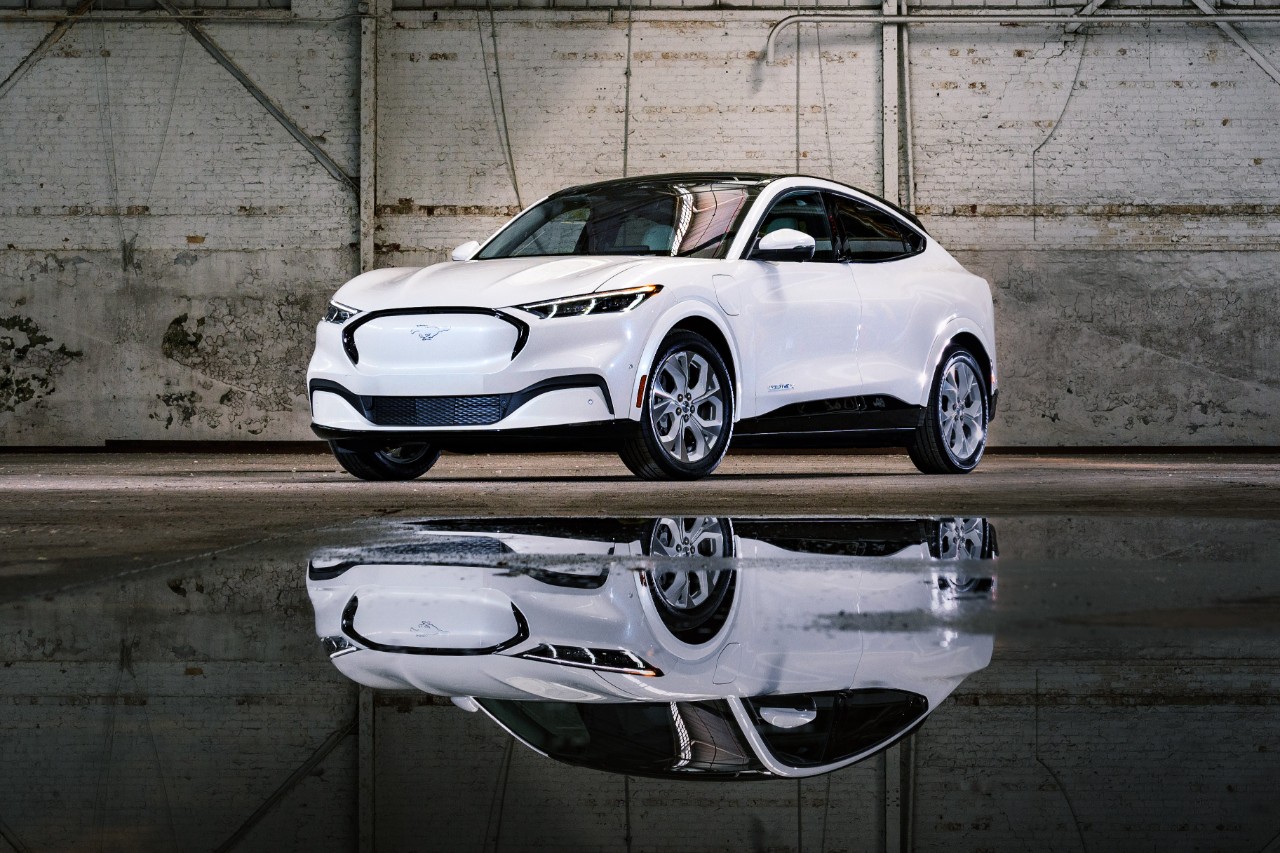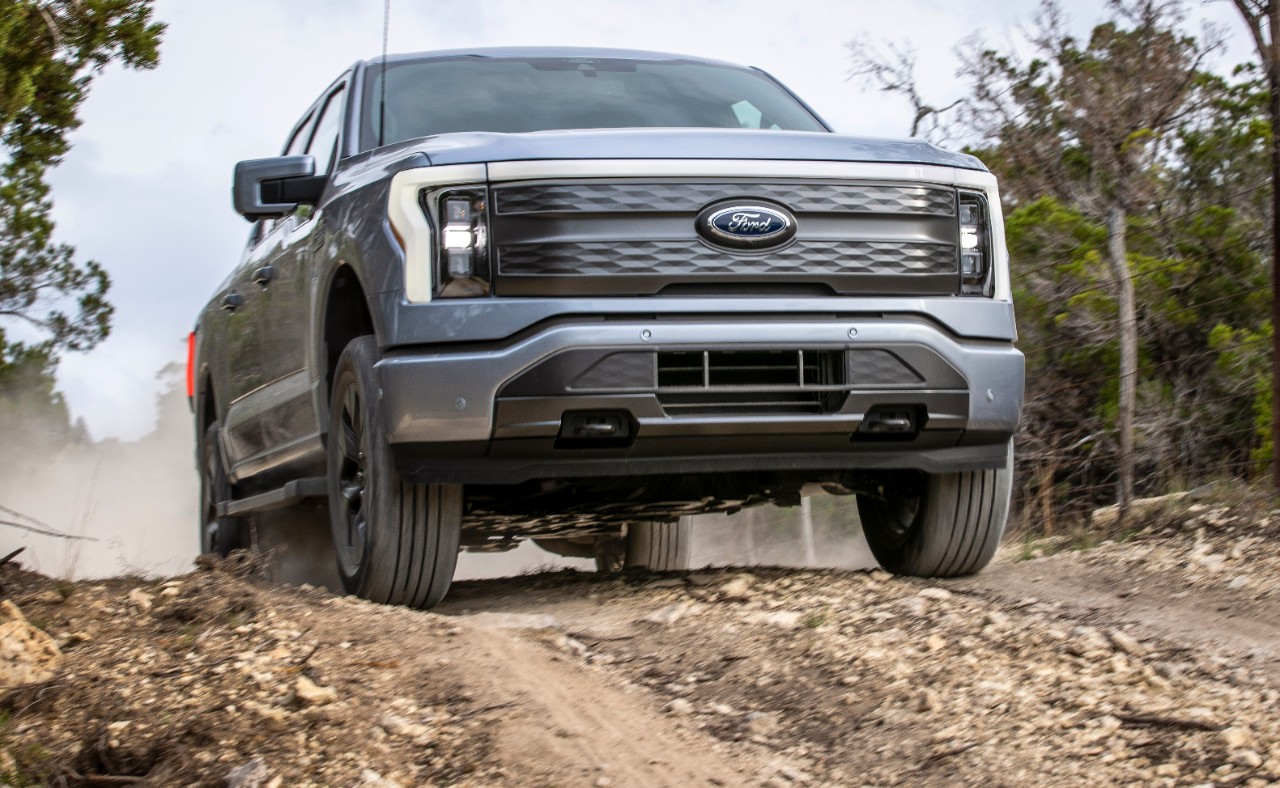Last Thursday, General Motors (GM 0.11%) detailed its strategy for surviving (and thriving) as the traditional model of car ownership is disrupted. The top U.S. automaker is confident that it can be a long-term winner as so-called "robo-taxis" become the norm.
However, on Friday, GM and its Detroit rivals Ford (F 1.52%) and Fiat Chrysler (FCAU +0.00%) offered up some evidence that U.S. drivers aren't about to give up their vehicles. While doomsayers have been warning that auto demand has peaked, all three automakers posted solid sales results again in November.
Ford takes the crown
Of the three U.S. automakers, Ford posted the strongest sales numbers last month. The company and its U.S. dealers delivered 210,771 vehicles in November, up 6.7% year over year.
Demand for F-Series trucks remained white-hot in the U.S., as deliveries crept up 0.9% to 72,769 units. Meanwhile, sales of crossovers and SUVs surged 13.4%, with the Edge, Flex, and Explorer all posting double-digit gains -- and the Ford Escape coming close. Ford even stabilized its sales of passenger cars, though it was helped by an uptick in sales to rental car companies.

Ford continues to post stellar sales of its F-Series trucks. Image source: Ford Motor Company.
Zeroing in on sales to retail customers, Ford reported a more modest 1.3% uptick in deliveries for the month of November. Even without the benefit of fleet sales, the company posted a double-digit increase in deliveries of crossovers and SUVs.
General Motors and Fiat Chrysler stay strong on the retail side
Unlike Ford, General Motors and Fiat Chrysler both posted sales declines in the U.S. during November. The General reported that deliveries decreased 2.9% to 245,387 units, while Fiat Chrysler said that total deliveries dropped 3.7% to 154,919 units.
However, both of those companies continued a recent trend of selling fewer vehicles to rental car companies last month. Looking just at the retail market, their results don't look all that different from Ford's sales numbers. GM's U.S. retail sales inched down just 0.1% year over year in November, while Fiat Chrysler posted a 2.2% retail sales gain.
Furthermore, retail buyers continue to snap up pricier vehicles, while scorning entry-level cars. For example, Fiat Chrysler reported that Jeep retail sales surged 13% in November, almost fully offsetting a planned 75% reduction in Jeep fleet sales. (Jeep crossovers and SUVs carry higher price tags than most of Fiat Chrysler's offerings, other than its Ram trucks.)
General Motors also had huge success with its crossover lineup last month. All four of its brands (Buick, Cadillac, Chevrolet, and GMC) achieved double-digit increases in retail deliveries of crossovers.
Thanks to this shift in retail demand toward more expensive vehicles, GM's average transaction price (ATP) rose more than $1,400 year over year last month, reaching a new record high. This was the first time GM posted a monthly ATP above $37,000.
Auto sales may be slipping, but profits should hold up well
Year to date, U.S. auto sales have fallen by 1.5%. Industry sales for the full year will likely come in around 17.3 million, marking the first annual drop since the Great Recession. Most pundits are expecting auto sales to fall again in 2018, perhaps at an even faster rate.
Fortunately for the likes of GM, Ford, and Fiat Chrysler, it's the least profitable parts of the market that are contracting. Selling fewer compact cars and delivering fewer vehicles to rental car companies won't hurt automakers much, because they barely make money on such sales.
Indeed, as long as Americans continue to snap up trucks, SUVs, and crossovers -- and pay extra for big options packages -- the profits will keep rolling in for Detroit's Big Three.







